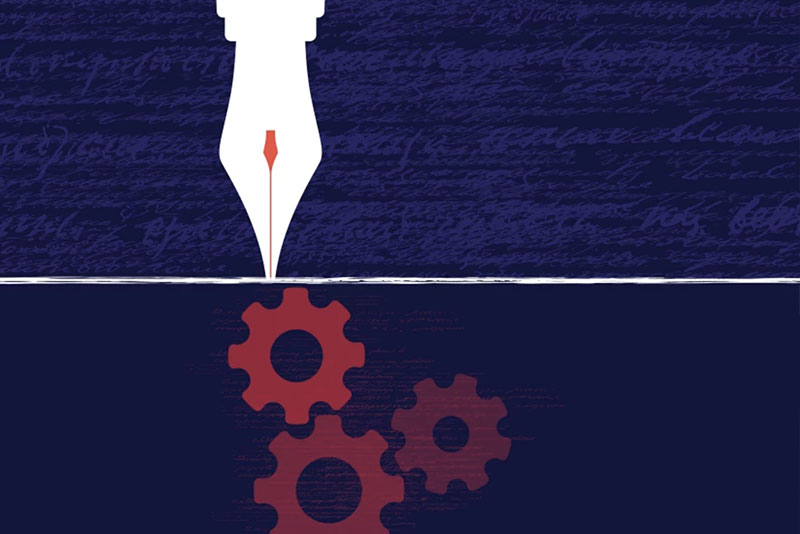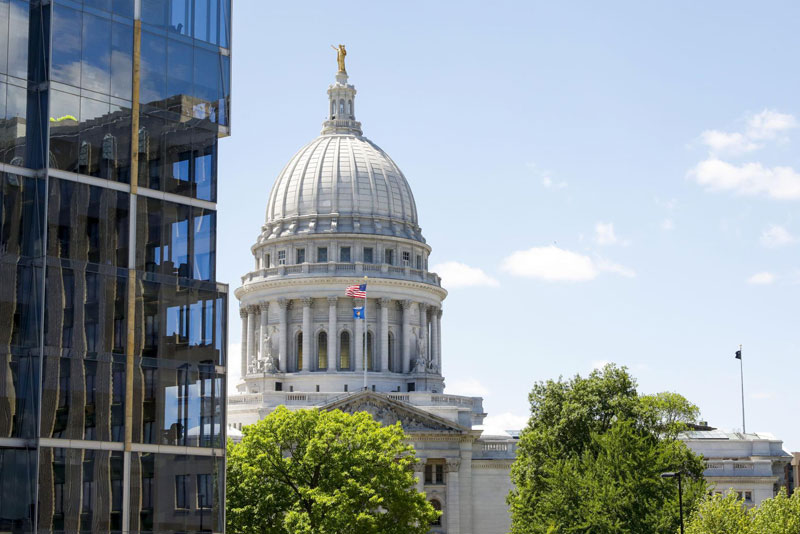Increasingly, it is impossible for families to avoid the creep of political agendas into the classroom. Contrary to conventional wisdom, controversial materials like the 1619 Project—which makes the case that much of American history is about preserving slavery and racism—are not just being used in cities like Milwaukee, but also in suburbs and small towns across Wisconsin as well.
WILL is advocating for curriculum transparency to ensure that parents, families, taxpayers, and lawmakers can know exactly what is being taught in the classroom.
Legislation
SB 463 | AB 488
WILL supported the legislation to require all public schools to publicly provide access to the material taught in our public-school classrooms.
Bill Text
Testimony
Policy Brief
Research and Analysis
OPENING THE SCHOOLHOUSE DOOR: Promoting Curriculum Transparency
May 26, 2021 | Will Flanders and Jessica Holmberg
WILL’s new report urges the adoption of curriculum transparency legislation to arm parents and taxpayers with the ability to access and review controversial curriculum material in public schools. WILL recently issued identical open records requests to nine large Wisconsin school districts and experienced, first-hand, the cost, time, and difficulty of accessing curriculum material.
Let There Be Light How long does it take Wisconsin’s largest school districts to comply with open records laws?
November 14, 2017 | Libby Sobic
Our report examined how quickly some Wisconsin school districts complied with open records law. By asking for documents reflecting how the certain districts reply to open records requests, we were able to calculate, over a two-year period, how many days it took twelve school districts to comply with those requests
Media and Commentary
WIll Blog | WHAT THE OPPOSITION TO PUBLIC SCHOOL SPENDING TRANSPARENCY REVEALS
We are entering a new era of parental empowerment. Information is power. Parents want to know what is going on in the classroom

WIll Blog | CLASSROOM TRANSPARENCY IS THE KEY TO FIGHTING CRT
The battle over critical race theory (CRT) and related concepts is escalating in school districts across the country.

Education Week | Who’s Really Driving Critical Race Theory Legislation? An Investigation
The furor over critical race theory in schools has reached a fever pitch this summer, becoming a central issue in school board debates and on cable news programs alike.

Cap Times | Republican proposal would require school districts to post curriculum lists online
A group of Wisconsin Republicans is proposing a bill aimed at making school district curricula more transparent at a time when what’s being taught in classrooms has become a political talking point.

Wisconsin Spotlight | CULTURE WARS IN THE CLASSROOM
In some of Wisconsin’s most conservative school districts, critical race theory, antiracism, the “1619 Project” and other racism-based curriculum wrapped in leftist ribbons and bows like “equity” and “inclusion” are being drilled into students of all ages.

Empower Wisconsin | Time to shine light on what schools are teaching our kids
More than ever, America’s culture wars are on prominent display in our schools. Recently, a Madison school proposed racially segregated meetings for individuals to cope with the verdict in the George Floyd case—only stopping when the Wisconsin Institute for Law & Liberty (WILL) pointed out that this was unconstitutional.



